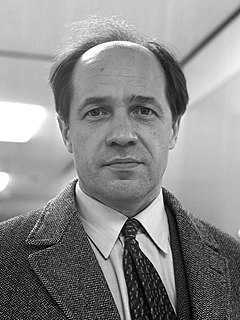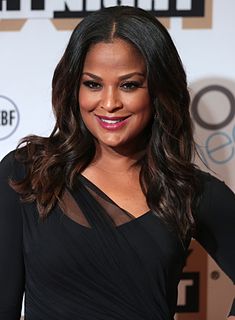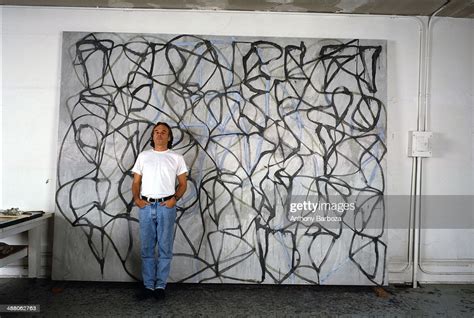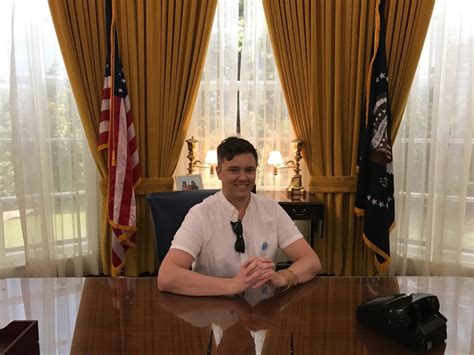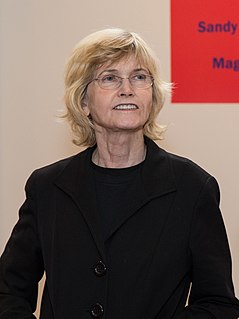A Quote by Jacob Epstein
My parents did not discourage me but could not understand how I could make a living by art. Their idea of an artist was a person who was condemned to starvation.
Quote Topics
Related Quotes
I thought I'm going to die. So why can't I do everything? And what is this idea that I worked all day yesterday, so I'm tired today? I've never believed that.I thought, "Just suppose I could choreograph a ballet." And I did it. Suppose I could teach dance at the theater in Cleveland. And I did it. Suppose I could sing for a living - that I could stop these two jobs as a waitress and a salesperson.
I remembered my New Orleans days, living on two five-cent candy bars a day for weeks at a time in order to have leisure to write. But starvation, unfortunately, didn't improve art. It only hindered it. A man's soul was rooted in his stomach. A man could write much better after eating a porterhouse steak and drinking a pint of whiskey than he could ever write after eating a nickel candy bar. The myth of the starving artist was a hoax.
If a man could understand all the horror of the lives of ordinary people who are turning around in a circle of insignificant interests and insignificant aims, if he could understand what they are losing, he would understand that there can only be one thing that is serious for him - to escape from the general law, to be free. What can be serious for a man in prison who is condemned to death? Only one thing: How to save himself, how to escape: nothing else is serious.
When I taught art, I was always asked, 'How do you know you're an artist? What makes you an artist?' And to me, it's like breathing. You don't question if you breathe; you have to breathe. So if you wake up in the morning, and you have to realize an idea, and there's another idea, and another, maybe you are really an artist.
I'm a professional artist, that's how I make my living. So I watch the market. There is, it seems to me, a lot of pure financial speculation, and I don't think that's terribly healthy. Though as long as the money is getting back to the artist, I think that's good. I'm very happy younger artists can make money faster than we could. And we were making it faster than a generation before us.
I believed even then that if I could transform my experience into poetry I would give it the value and dignity it did not begin to possess on its own. I thought too that if I could write about it I could come to understand it; I believed that if I could understand my life—or at least the part my work played in it—I could embrace it with some degree of joy, an element conspicuously missing from my life.




